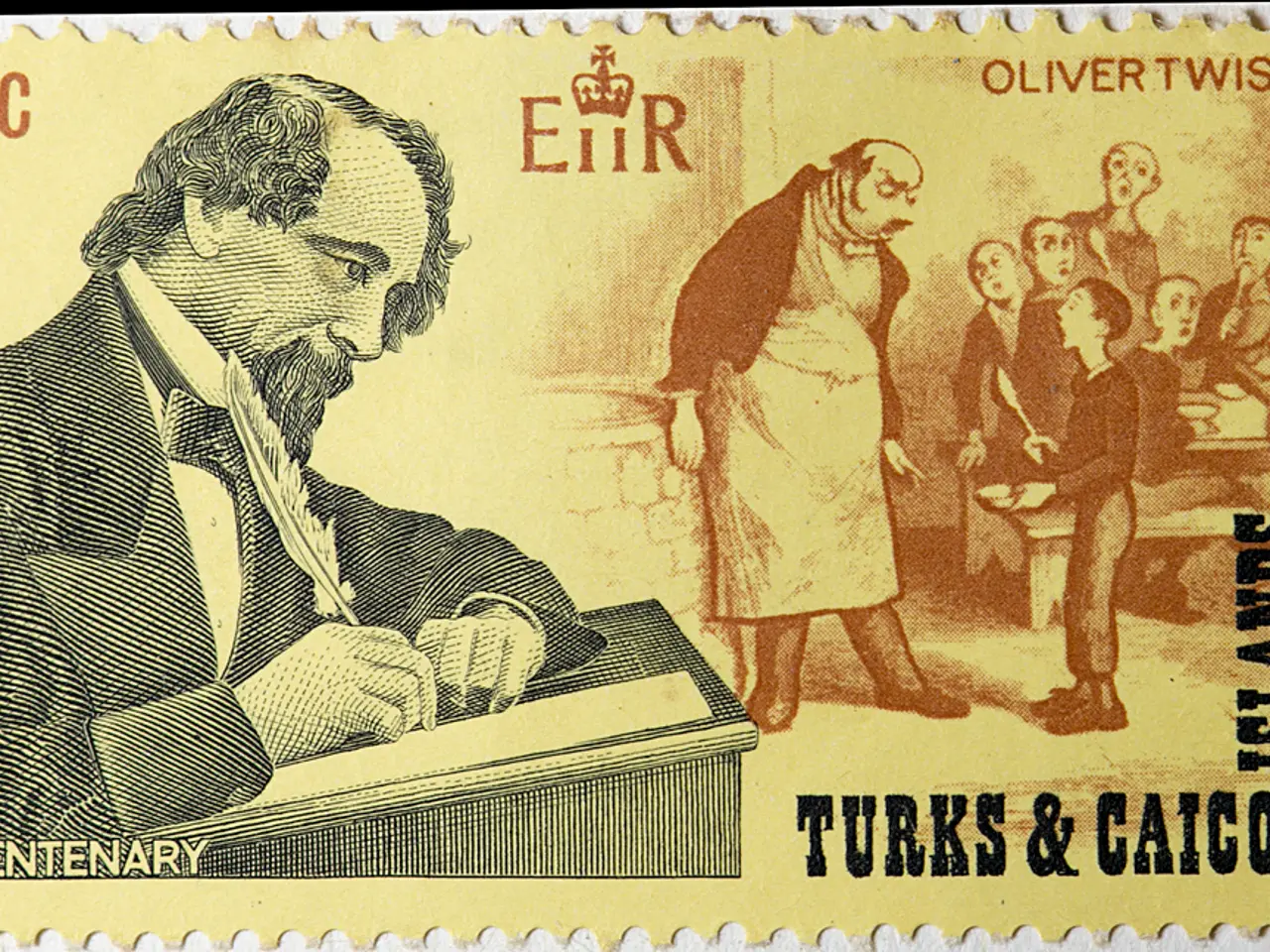Legislator Samuel George Advocates for Legal Amendments to Modernize a 22-Year-Old Postal Regulatory System
The Postal and Courier Services Regulatory Commission (PCSRC) in Ghana is undergoing a significant transformation, expanding its regulatory scope to include digital-era delivery services and trade logistics. This reform aims to modernize the 22-year-old postal regulatory framework, ensuring the commission's relevance in overseeing contemporary postal, courier, and logistics operations in Ghana's evolving market.
Led by Minister Samuel Nartey George, the push for reform seeks to revamp the regulatory framework to keep pace with new industry developments. The expanded mandate of the PCSRC now encompasses digital delivery platforms and the broader logistics trade sector, reflecting changes in technology and commerce.
The Minister emphasized the importance of public education, especially for young people, to keep the postal sector relevant. He also called for the commission's infrastructure to expand beyond Accra, including the acquisition of a permanent headquarters and the establishment of a nationwide operational presence.
The new mandate and legislative reform aim to enhance service delivery, improve oversight of courier and logistics operators, and support innovation in Ghana's postal and delivery landscape. The reform strengthens the commission's role in ensuring efficient, reliable, and modern postal and courier services aligned with digital and trade logistics needs.
The Minister charged a new seven-member Governing Board, chaired by Bishop Noble Francis Afotey Odai, with the task of transforming the PCSRC. The board, which includes members such as Mr. Cosmos Mweyang Anpengnuo, Mr. Austin Hesse, Ms. Sylvia-Rita Osei, Mr. George Cudjoe Abofra, Dr. Joshua Kofi Doe, Ph.D, and Ms. Georgina Nkrumah Aboah, expressed strong confidence in their ability to drive this transformation.
Bishop Odai pledged to bring renewed energy and increased visibility to the commission's work. He emphasized the need for the PCSRC to move beyond its traditional functions and adapt to modern demands and functions. The Minister and the new board are working towards making the PCSRC a dynamic, visible, and nationwide regulator.
Despite public perceptions that the postal service is obsolete, Minister George asserted that it remains a vital part of the economy, even in advanced nations. He emphasized the importance of the PCSRC in ensuring that Ghana's postal services evolve to meet the demands of the digital age.
In conclusion, the modernization of the PCSRC marks a significant step forward in Ghana's digital economy, ensuring that the country's postal, courier, and logistics services are equipped to meet the demands of the digital age. The commission is expected to become a dynamic, visible, and nationwide regulator, driving innovation and efficiency in Ghana's postal and delivery landscape.
- The Minister's push for reform in the PCSRC's regulatory framework involves not only technology advancements in digital delivery platforms, but also policy-and-legislation updates to support education about the postal sector's relevance, especially for the younger generation.
- With the expanded mandate, the PCSRC is now tasked not only with overseeing contemporary postal, courier, and logistics operations, but also with ensuring the commission's infrastructure extends beyond Accra, potentially including the acquisition of a permanent headquarters and a nationwide operational presence.
- Beyond the general news of the PCSRC's transformation, Minister George emphasizes the importance of the commission's role in aligning Ghana's postal services with the digital age, particularly in light of the misconception that the postal service is becoming obsolete, even in advanced nations.







